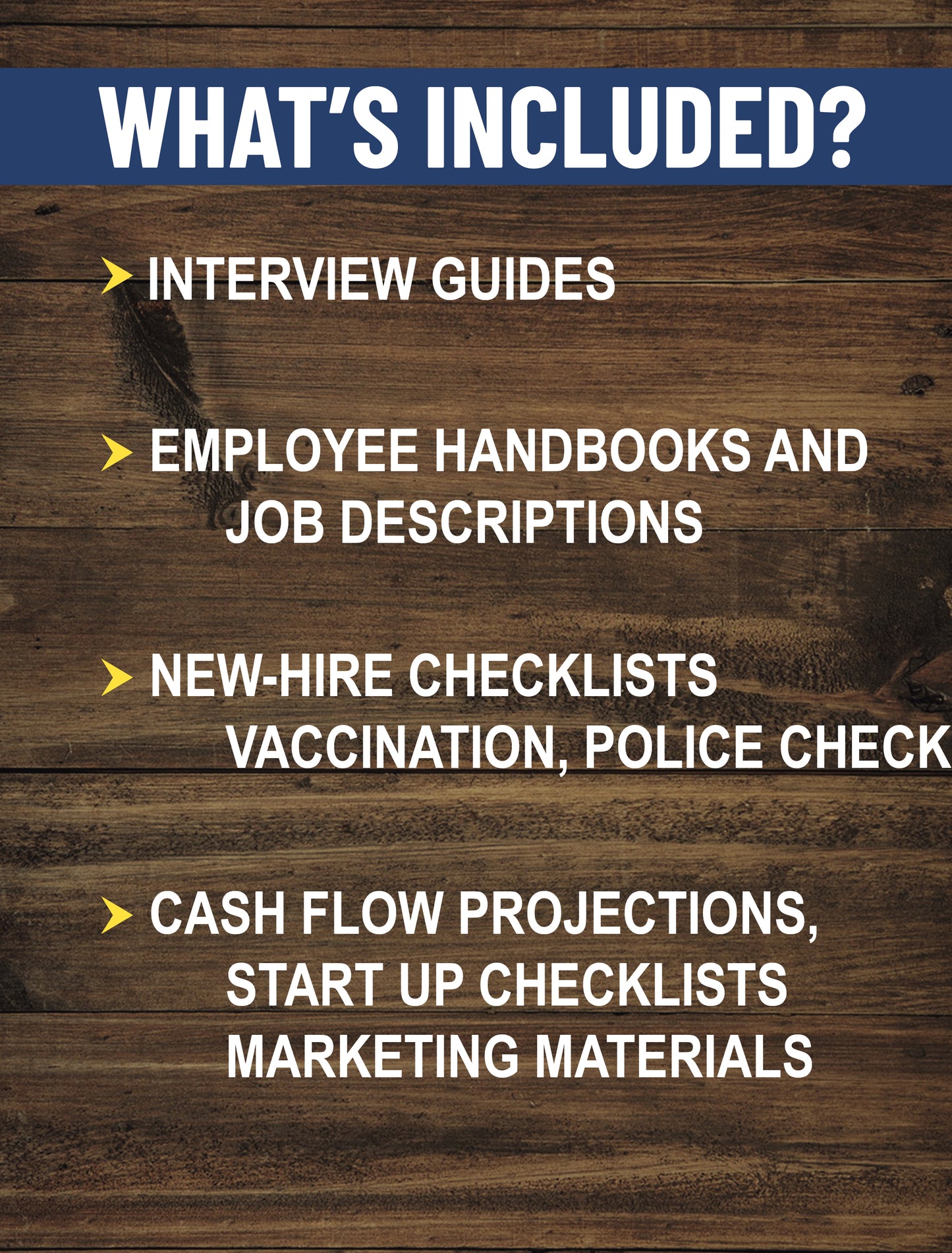
Not a Numbers Person? Here's How to Keep Your Home Care Business Financially Healthy (Without the Stress)
As a healthcare professional, talking about money has never been my favorite part of the job.
I’d much rather be building care plans, meeting caregivers, solving scheduling puzzles, and making sure clients are happy. That’s the heart of the work—and what drew me to this field in the first place.
But I’ve learned something important along the way:
If you want the freedom to focus on care, you need to have your financials in order.
The good news? Managing the numbers is way easier than you might think.
In fact, I can teach you the basics in just a few minutes—no accounting degree required.
Home Care Financials Come Down to Just 2 Steps:
-
Understand the three key “levers” in your business
-
Learn how to adjust them to keep your business profitable
Let’s dive into the levers.
The 3 Levers of Every Home Care Business
These are the only three financial elements you need to monitor and manage to run a worry-free, profitable agency.
Lever #1 – Pricing
Pricing is what you charge per hour (or visit) for your services. It’s not just a number—it’s the total pool of money you’ll use to pay everyone and everything else in your business.
-
Charge too little, and you won’t have enough to cover wages, expenses—or even pay yourself.
-
Charge too much, and you risk losing clients to more competitive agencies.
Pricing is all about balance: covering your costs while staying competitive in the market.
Lever #2 – Caregiver Wages
Wages are the biggest slice of your budget—and often the trickiest.
Caregivers have different skills, experience levels, and expectations. They also talk to each other about pay, so consistency and fairness matter.
And don’t forget: the hourly rate is not your true cost. You’ll need to factor in what’s called “wage burden”—that’s an additional ~20% for mandatory employer costs like:
-
EI & CPP
-
Statutory holidays
-
Vacation pay
-
Employer health tax
➡️ So, if you pay $18/hour, your actual cost is closer to $21.60/hour.
Lever #3 – Fixed Expenses
These are your regular business costs that don’t change much month to month, such as:
-
Office rent
-
Admin salaries
-
Phone/internet
-
Scheduling software
-
Office supplies
-
Cleaning, utilities, etc.
These expenses are paid out of what’s left after you subtract wages (and wage burden) from your pricing.
How the Levers Work Together
Let’s look at how these levers come together in real life:
-
Pricing (Lever #1) is often set based on your local market. Aim for the higher end—but make sure you can back it up with quality service.
-
Wages (Lever #2) should typically make up 55%–65% of your pricing. For example:
-
Charging $30/hour? You can afford to pay caregivers $16.50–$19.50/hour.
-
Need to pay $20/hour? Then you should be charging $32–$36/hour.
-
-
Fixed expenses (Lever #3) usually sit at around 15%–25% of your revenue.
-
$1M in revenue = $150K–$250K in fixed costs
-
$2M = $300K–$500K
-
Let’s Compare Two Scenarios
✅ Healthy Business Example:
-
$33/hour pricing
-
$20/hour wages
-
$4/hour wage burden (20%)
-
$3/hour fixed expenses
-
Result: $6/hour profit → 18% margin
This is a well-balanced, profitable business.
❌ Unhealthy Business Example:
-
$29/hour pricing
-
$20/hour wages
-
$4/hour wage burden
-
$6/hour fixed expenses
-
Result: –$1/hour loss → –3% margin
This is a recipe for burnout and financial trouble.

Final Thoughts
That’s it! You don’t need spreadsheets full of formulas or a CFO.
Just remember:
-
Understand your 3 levers
-
Pull them in balance
-
Set your pricing with intention
-
Watch your wage costs and burden
-
Keep fixed costs in check
When your financial foundation is strong, you’re free to focus on the work you actually love.
Got it? Great—now get back to making a difference!
Purchase the Home Care 101 Complete Start Up Kit to put you on the fast track to starting your own home care agency!
You can get in touch with us by signing up for our newsletter. We send out freebies to our Home Care 101 subscribers to help you get started!
Did you like this article? Check out some more great content!
- Tips on how to start a Successful Canadian Home Care Business
- Why I Don't believe in buying a home care franchise
- The Key Ingredient for a Successful Home Care Business
- What comes first, finding clients or hiring Caregivers?
- How to grow your small Canadian Home Care Business during COVID-19










57 comments
@Lucelle,
Thanks for your comment!
Currently there is no licensing to operate a community care business. There are rules for ownership of facilities including Retirement homes and Long term care facilities but community care is currently different.
Of course you have to research your own jurisdiction but there tend to be fewer bureaucratic hurdles for community care than facility operations.
Cheers!
Hi William,
Thanks so much for your comment! Good luck with the purchase of a facility! It’s a tough time for all LTC right now and being part of the solution is the best way to help!
Cheers,
Hello just curious if you need any certificates to own your own home care business in Canada. I was a former PSW and I have that certificate.
Hi Alyssa, When I querIed Goggled I was asking for info to operate a physical long term care home. I was a volunteer Director for Non Profit housing in a small Ontario town. Our board built two projects, one 30 unit for seniors and a 15 units for families. In 2010 I became President for a city board of 1,500 units, so I worked for both boards. Now I signed my wife into a LTCH, and just wanted to build one for her and her friends. This will be something new to me. I your group are doing a great job for our seniors, Congrations.
Hi Jason,
I’m so glad you guys are thinking of starting out!
Yes you definitely need to have the proper insurance. To give you a few examples you need liability/errors and omissions/malpractice/building/content/non-owned auto insurance and others (this is not an exhaustive list).
And also keep in mind that nurses you hire will have their own insurance through the college that regulates them.
I hope that helps!
Cheers,